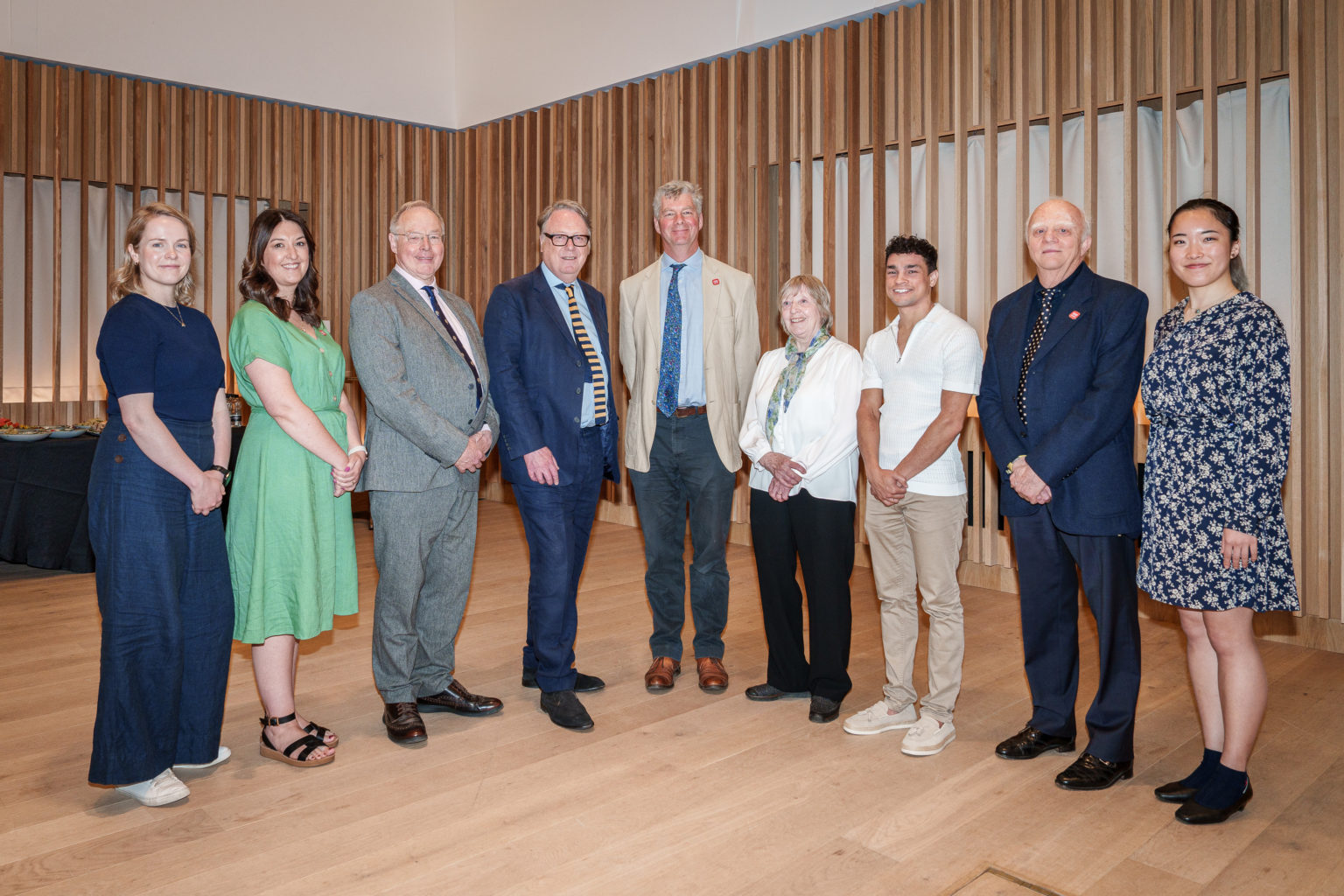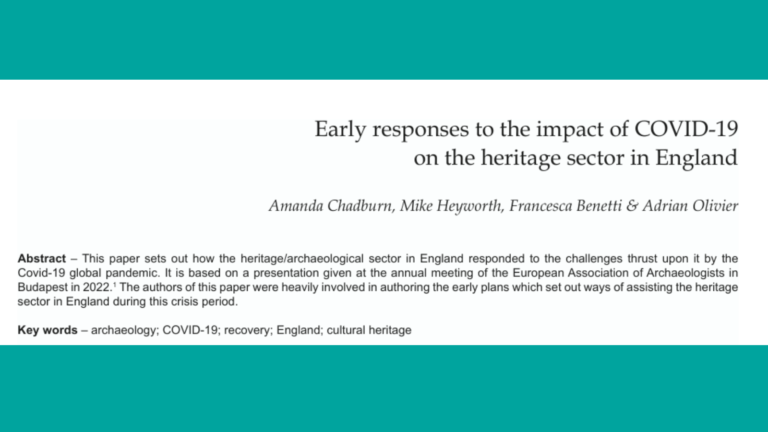Policy Resilience: an Interview with Mark Harrison, Head of Heritage Crime at Historic England
In the latest instalment of the Historic Environment Forum’s Sector Resilience Interviews series focussed on the theme of Policy, we hear from Mark Harrison, Head of Heritage Crime at Historic England.
Please tell us a bit about yourself and your role.
My name is Mark Harrison I am the head of Heritage Crime at Historic England and my background is in policing and archaeology.
What can you tell us about your work in relation to Policy? What does this work aim to achieve?
A significant part of my job is the development of strategic partnerships across government and the law enforcement and heritage sectors in order to identify opportunities to shape new policies that will help us to deliver effective measures to protect heritage assets and the wider historic environment from the threat of crime and anti-social behaviour.
What contribution will this make towards resilience in the heritage sector?
By providing practitioners and community volunteers with the skills they need to manage historic sites and buildings, builds a level of competence that instils the competence required to prevent crime and anti-social behaviour and, where incidents do occur, instils the resilience necessary to manage the situation.
What does success look like for your work?
Develop a capacity and capability to: prevent crime and anti-social behaviour.
And, where incidents occur, ensure the delivery of a timely and effective partnership investigation.
Measured by means of the National Intelligence Model overseen by the National Heritage and Cultural Property Crime Working Group.
How can we get involved, or where can we find out more?
Overall, what do you think is most crucial for ensuring a resilient heritage sector?
High level of knowledge and understanding coupled with managerial support.
This Sector Resilience interview was shared by Mark as part of our Heritage Sector Resilience Plan activities.
If you’d like to contribute an interview as part of the series, follow the link below to find out more:

 I manage
I manage 

